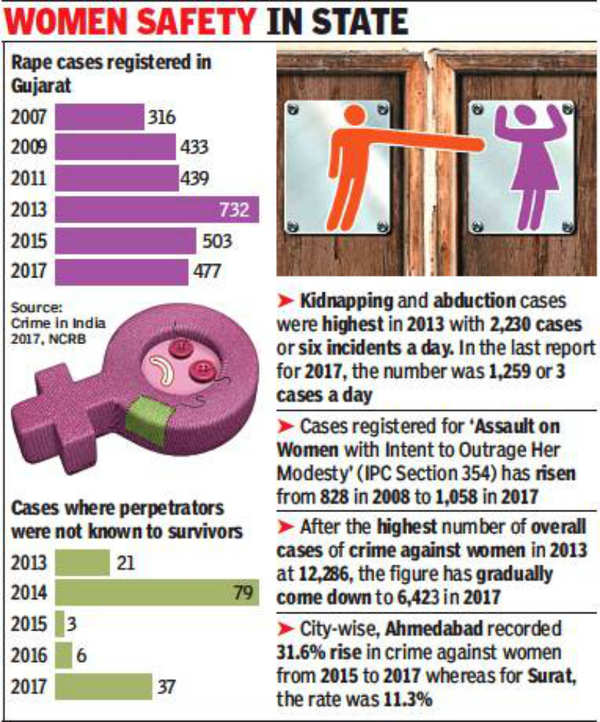


The state of Gujarat has taken precautionary measures to handle cases of HMPV, a respiratory virus, after one case was detected in a two-month-old boy two weeks ago. Three civil hospitals in Gandhinagar, Ahmedabad, and Rajkot have created isolation wards with a total of 45 beds to handle any potential health emergency. The health department has also issued an advisory to the public to prevent the spread of the virus. However, according to data from the Indian Council of Medical Research and the Integrated Disease Surveillance Programme, there has been no alarming surge in respiratory illnesses in the country.
HMPV: A Respiratory Virus of Concern
Background
Human metapneumovirus (HMPV) is a respiratory virus that affects the respiratory tract, causing symptoms ranging from mild cold-like illness to severe pneumonia and bronchiolitis. It is highly contagious and spreads through close contact with respiratory droplets from infected individuals.
Recent Developments in Gujarat
In Gujarat, India, a case of HMPV was recently detected in a two-month-old boy. In response, the state government has taken precautionary measures to prevent its spread, including:
According to data from the Indian Council of Medical Research and the Integrated Disease Surveillance Programme, there has been no alarming surge in respiratory illnesses in the country. However, health authorities remain vigilant as HMPV cases can occur sporadically or in outbreaks.
Top 5 FAQs and Answers
1. What are the symptoms of HMPV?
2. How is HMPV transmitted?
3. How is HMPV treated?
4. How can HMPV be prevented?
5. What are the risks of HMPV?
Conclusion
HMPV is a highly contagious respiratory virus that can cause a range of symptoms from mild to severe. While there has been no alarming surge in cases in India, health authorities remain vigilant and have taken precautionary measures to prevent its spread. By understanding the virus, its transmission, and prevention measures, individuals can protect themselves and others from infection.

Monsoon season may bring romantic vibes, but it's also a nightmare for contact lens wearers. Rainwater contains bacteria and pollutants that can cause eye infections, especially when wearing contact lenses. Ophthalmologists recommend using glasses instead and practicing good hygiene to avoid irritation and infection.

India's first human spaceflight mission, Gaganyaan, is one step closer to reality as ISRO successfully tested the main parachutes for the mission's Crew Module. The test, conducted at the Babina Field Firing Range in Uttar Pradesh, is part of the qualification process for the Gaganyaan parachute system. The system, which includes 10 parachutes of different types, is designed to ensure the safe and stable descent of astronauts returning to Earth. This milestone test marks a crucial step forward for India's ambitious space exploration goals.

As World Pneumonia Day is observed on November 12, experts are drawing attention to the dangerous link between air pollution and respiratory illnesses. In India, the post-Diwali smog adds to the already high levels of pollution, increasing the risk of pneumonia, particularly among vulnerable populations. While outdoor air pollution is often blamed, experts emphasize that poor indoor air quality also plays a significant role in triggering and worsening respiratory infections. Health professionals are urging for better air quality regulations and precautions to prevent this deadly connection between pollution and pneumonia.

On November 12, 2025, the world will once again mark World Pneumonia Day, a global health observance highlighting the urgent need to combat one of the leading causes of death, especially in young children. Despite being preventable and treatable, pneumonia continues to claim millions of lives each year, but efforts such as the ‘Every Breath Counts’ coalition and the Global Action Plan for the Prevention and Control of Pneumonia and Diarrhoea are working towards reducing preventable deaths through vaccination and improved healthcare access. Let us continue to raise awareness and take action against this preventable killer.

As an expectant mother, it is important to be aware of the warning signs that could indicate a potential complication during pregnancy. Dr. Swatee Gaggare, a Consultant in Obstetrics & Gynaecology, shares important insights on the key warning signs every pregnant woman should know. These include unusual bleeding or spotting, severe cramps or abdominal pain, and excessive vomiting. Early detection and prompt medical intervention are crucial for a safe outcome for both mother and baby.

November 10 marks World Science Day for Peace and Development, a celebration that highlights the crucial role of science in our daily lives. This year, the event will take place in Samarkand, Uzbekistan, where the theme "Trust, Transformation, and Tomorrow: The Science we Need for 2050" will be explored. Through public engagement and education, scientists aim to address global issues and create a better future for our planet.

On World Tsunami Awareness Day, scientists are highlighting the importance of traditional knowledge in predicting and preparing for tsunamis. Coastal communities have long relied on observing animal behavior to sense environmental changes and predict natural disasters. This technique has proven effective in areas without advanced warning systems. Scientists are now studying these natural warning signs to improve early detection and save lives in vulnerable regions.

Every year, India celebrates the birth anniversary of the renowned physicist CV Raman, who is known for his groundbreaking work on light scattering and the Raman Effect. Despite receiving numerous offers to work in Western labs after winning the Nobel Prize in Physics, Raman remained committed to his belief in fostering a strong scientific culture in India and mentoring future scientists. His discovery of the Raman Effect continues to be relevant and widely used in various fields today, serving as a testament to the quantum nature of light and the energy levels in molecules.

As meditation gains popularity as a mental well-being tool, concerns about potential side effects have emerged. A recent study by a team of researchers from the University of Melbourne delved into the prevalence of adverse experiences among meditators in the United States. By recruiting nearly 900 adults from various meditation skill levels, the study aimed to provide more accurate estimates of how common these side effects are and what factors may contribute to experiencing them. The findings highlight the need for clearer reporting standards in future research on meditation.

Prime Minister Narendra Modi launched a groundbreaking research, development and innovation scheme that will provide a boost to the flourishing ecosystem of innovation in India. In his address at the Emerging Science, Technology and Innovation Conclave, PM Modi highlighted the crucial role of science and technology in driving transformation and emphasized on India's significant progress in the field. He also acknowledged the remarkable achievement of India's women's cricket team and expressed confidence that their success would inspire the country's youth. Attendees included renowned scientists, innovators, and distinguished guests from both India and abroad.